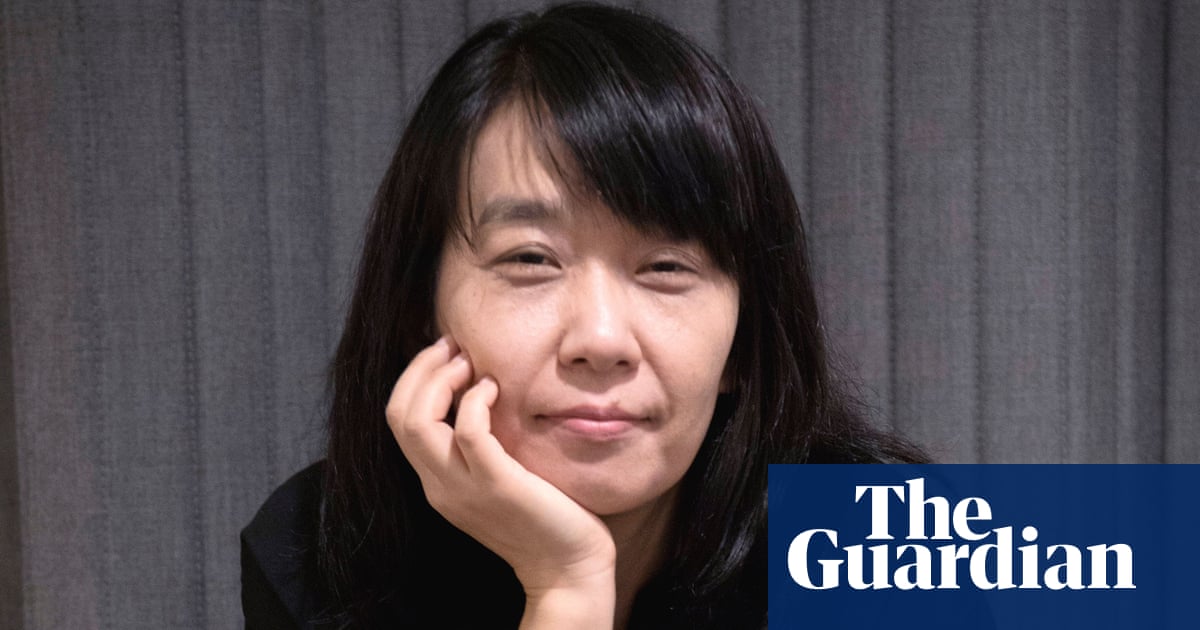The announcement of the South Korean writer Han Kang as the 2024 Nobel Literature laureate is a triumph not only for Korean literature but also a reminder of the huge reach and influence of small press publishing, which takes on so much of the heavy work of introducing literature in translation to a wider audience.
Though Hanâs most recent work has been published in the UK by Hamish Hamilton, an imprint of Penguin Random House, her first novel, The Vegetarian, published in South Korea in 2007, was published by the now defunct independent Portobello Books in 2015. It won the International Booker prize the following year.
Now Hanâs entire output has been honoured: works of spare, fierce prose, seemingly ethereal in transmission yet brutal in impact. While often abstract, they nevertheless powerfully wrestle with traditional Korean society and history.
The Vegetarian, which shocked many readers and critics with its explicit imagery, is perhaps her best-known work, a study of violent individual resistance against an oppressive society. In the novel, a young, outwardly conventional woman shocks her family and new husband by refusing to eat meat, only to find herself dangerously unmoored in a disapproving, carnivorous and patriarchal world. Like all Hanâs work, the sublimated trauma and unexcavated memories of her characters are ultimately revealed to be of national significance.
The prize win made headlines as it heralded the dual partnership of Han and translator Deborah Smith, at the time a PhD student who had learned Korean from scratch three years earlier. Smith used her share of the £50,000 prize to set up Tilted Axis Press, which focuses solely on literature in translation from east Asian writers. She went on to translate two further novels of Hanâs. The first was Human Acts, a graphic and multi-layered account of the aftermath of the South Korean authoritiesâ bloody repression of a student uprising in 1980 in Gwangju, which happens to be Hanâs home city. The historical importance of such testimony, even fictionalised, must surely have influenced the Nobel committee.
Both Human Acts and The White Book, a brief, deeply affecting novel of grief, transmutation and healing, which meditates on the life and death of a newborn sister, were also brought out by Portobello. By this time there had been some heated public criticism over Smithâs method of translation â or âmistranslationâ â of The Vegetarian, following articles by the critic and author Tim Parks in the New York Review of Books and academic Chanse Yun in the LA Times. Smith was accused of stylistic and other changes which strongly differed from the original Korean edition of the novel. Smith defended herself in a piece for the LA Review of Books: perhaps most importantly, her translations have been championed robustly by Han herself, as dual collaborations. Hanâs most recent book, Greek Lessons, in which a teacher loses his sight and a pupil her voice, is co-translated by Smith and E Yaewon; a new novel in English, We Do Not Part, translated by Yaewon and Paige Aniyah Morris, will be published early next year.
after newsletter promotion
Han âplays language with the kind of near-unbearable intensity which Jacqueline du Pré applied to the celloâ, Smith has said. Tasja Dorkofikis, who was associate publisher at Portobello when The Vegetarian was bought, says of Han: âShe moves seamlessly between grief, history, memory and language, putting the reader into a meditative and reflective state.â The Korean writer and translator Anton Hur, a judge for the 2025 International Booker prize, states it simply: âThe Swedish Academy could not have picked a more perfect winner than Han Kang.â

